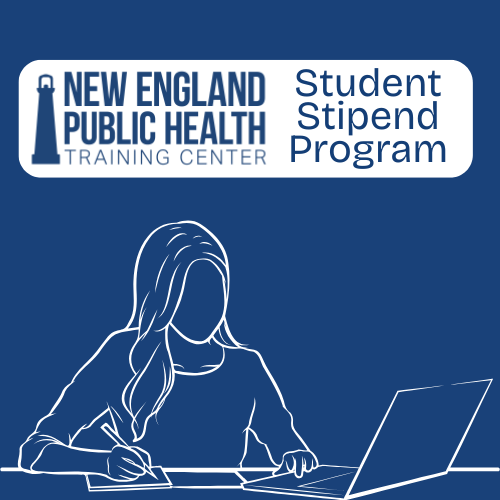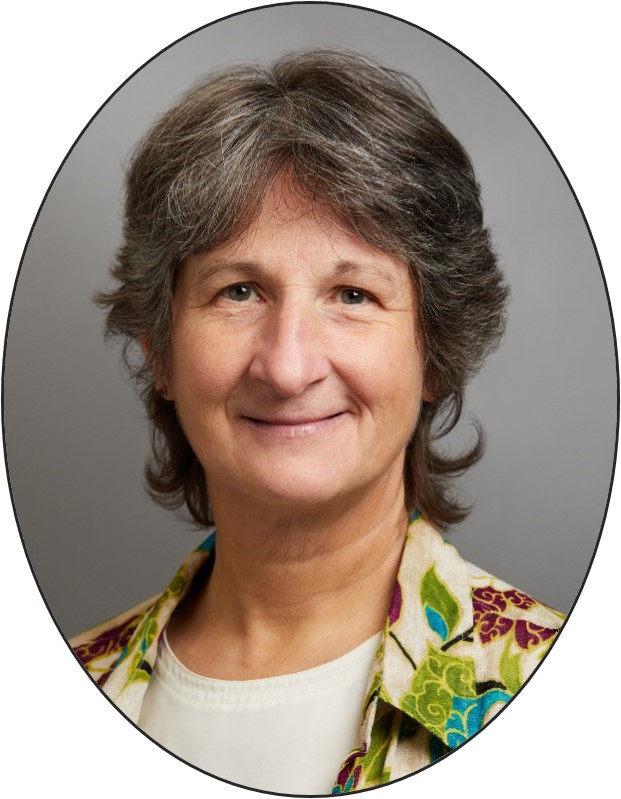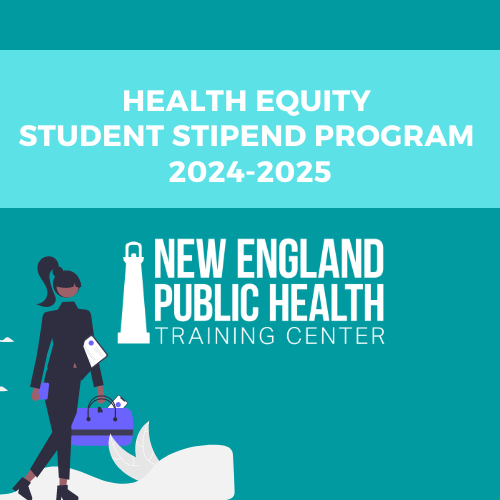
Student Stipen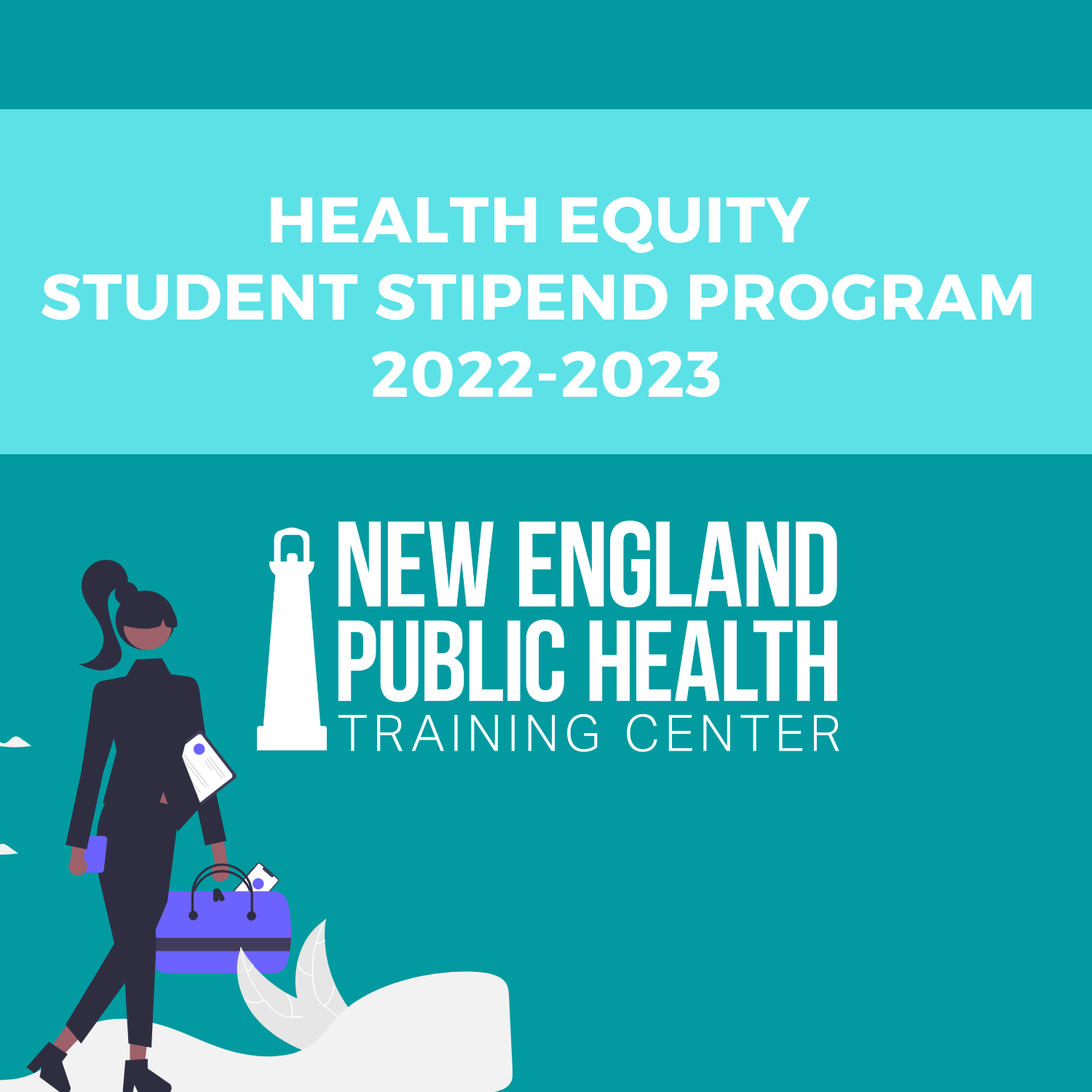 d Program 2023-202
d Program 2023-202
Health Equity Student Stipend Program 2024-2025
NEPHTC Health Equity Interns can get their internship guidance materials here
*This course is available only to accepted Health Equity Interns.
Course Information
- Audience: Accepted Health Equity Interns
- Format: Online Portal
- Date/Time: July 1, 2024 - June 30, 2025
- Price: Free
- Length: Varies per student project
- Credential(s) eligible for contact hours: NA
- Competencies: Community Dimensions of Practice Skills
- Learning Level: Practice
- Companion Trainings: N/A
- Supplemental materials: N/A
- Pre-requisites: Application and Acceptance
Registration
Select the enroll button below to register for access to the materials.
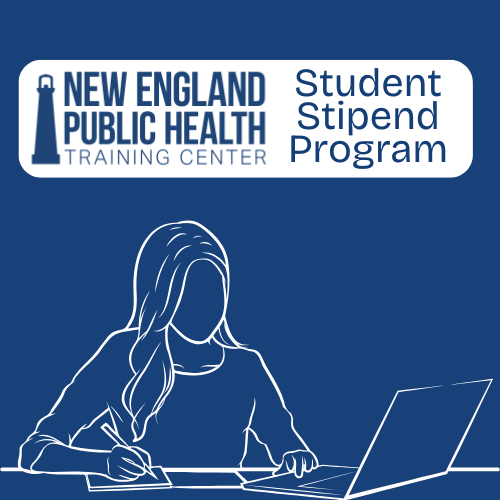
Student Stipen d Program 2023-202
d Program 2023-202
Student Stipend Program 2025-2026
NEPHTC Student Stipend participants can get their materials here
*This course is available only to accepted students.
Course Information
- Audience: Accepted Health Equity Interns
- Format: Online Portal
- Date/Time: July 1, 2025 - June 30, 2026
- Price: Free
- Length: Varies per student project
- Credential(s) eligible for contact hours: NA
- Competencies: Community Dimensions of Practice Skills
- Learning Level: Practice
- Companion Trainings: N/A
- Supplemental materials: N/A
- Pre-requisites: Application and Acceptance
Registration
Select the enroll button below to register for access to the materials.
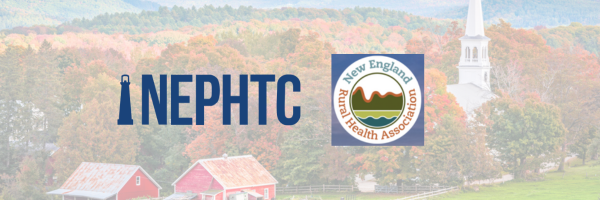
New England Rural Health Leadership Institute (RHLI)
"We all know that shortages in the rural health workforce are a major challenge. In particular, we are facing a gap in leadership as rural health leaders retire or leave the field due to burnout or other factors. The Rural Health Leadership Institute aims to fill this critical gap by training the next generation of rural health leaders in the critical skills they will need to surmount the challenges of tomorrow." — Andy Lowe, Executive Director, New England Rural Health Association.
Course Information
- Audience:
Public health and healthcare professionals in New England. The following experience is highly desirable:
-
● At least 2 years experience working in a health- or public health-related field and/or education in a health/public health field;
-
● Lived experience living and/or working rurally;
-
● Experience or interest in working in a supervisory, management, or leadership role.
We welcome people working in health departments, community health centers, community-based organizations, and community clinics.
-
- Format: Hybrid: In person and live webinars.
- Date/Time:
Live webinars are from 11:30 am - 1 pm ET on Thursdays from 9/11/2025 - 10/30/2025
In-person days include:
● RHLI Kick-off at the NERHA Student Summit on Saturday 9/6/2025 from 9am-2pm in Dartmouth Hitchcock Medical Center in Lebanon, NH
● RHLI Wrap-up day at the NERHA Annual Fall Pre-Conference on Monday 11/3/2025 from 1-4pm at the Mystic Marriott Hotel in Groton, Connecticut
Participants are expected to attend all 90-minute webinar sessions, both in-person sessions, and complete off-week preparatory work and session skills assignments.
- Price: While the RHLI is free to register, those accepted into the course will be responsible for the travel and lodging expenses (transportation, hotel, etc.) associated with both in-person events (the NERHA Student Summit & NERHA Annual Fall Conference). Registration fees for the NERHA Student Summit and NERHA Pre-Conference RHLI Session (required in-person sessions) will be waived. If you would like to attend the full NERHA Annual Conference, you will receive a discounted rate. If this is a barrier to your participation, please email rhli@bu.edu.
- Length: Total time commitment is expected to be approximately 24 hours from September - November.
- Credential(s) eligible for contact hours:
The RHLI is certified to offer CHES continuing education credits.
Sponsored by New England Public Health Training Center (NEPHTC), a designated provider of continuing education contact hours (CECH) in health education by the National Commission for Health Education Credentialing, Inc. This program is designated for Certified Health Education Specialists (CHES) and/or Master Certified Health Education Specialists (MCHES) to receive up to (credit hours) total Category I continuing education contact hour. Maximum advanced-level continuing education contact hour is 24 credit hours). Provider ID: TBD ID: TBA.
If you are not seeking accredited contact hours, you will receive a Certificate of Completion if you complete all pre/post-tests and evaluations. The Certificate will include the length of the course. -
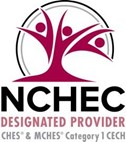
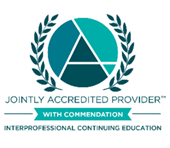
- Competencies:Leadership and Systems Thinking Skills
- Learning Level: Performance
- Companion Trainings: None
- Supplemental materials:None
- Pre-requisites: None
About RHLI
To support effective collaboration across public health, primary care, and other sectors, in rural communities across New England, RHLI will focus on critical leadership knowledge and skills, with an emphasis on communication during times of change, complexity, and uncertainty.
RHLI uses a community learning approach for networking and interactive discussions with leaders and experts. Hands-on activities are designed for skill building.
What You'll Learn
The following themes will be explored:
- Understanding Complex Systems and Community Health Challenges
- Visioning and Leading Through Change
-
Setting Outcomes and Defining Success in Uncertain Environments
-
Collaborative Leadership and Stakeholder Engagement
-
Strategic Communications: Framing and Storytelling for Impact
- Data and Visualization for Influence and Action
- Mobilizing Resources and Navigating Barriers
- Leadership Reflections and Group Presentations
In resource-constrained rural communities across New England, collaboration among sectors, organizations, and personnel is critical to address disparities in health and the social determinants of health. Efficacious, inspired leadership is essential to ensure that collaborative work on behalf of rural populations yields desired outcomes, but few opportunities exist in New England to support the development of necessary leadership skills and knowledge among emerging leaders who work in rural areas, particularly in public health and primary care settings. RHLI strives to strengthen capacity among emerging leaders in public health and primary care to support effective collaboration across public health and primary care, and other sectors in resource-constrained rural areas of New England.
Subject Matter Experts

Daniel Merrigan,
- EdD, MPH
Associate Professor,
BUSPH Community Health Science
Dan Merrigan is Associate Professor of Social and Behavioral Sciences in the Department of Community Health Sciences. Dan was the founding director of the New England Alliance for Public Health Workforce Development and Director of the HIV/AIDS and Substance Abuse Certificate Education Program. Both projects provide innovative education/training that improve local public health infrastructure by increasing the skills and competencies of the currently employed public health workforce. Dan has been engaged in numerous research, education, training and leadership development initiatives for the past 30 years including two Robert Wood Johnson Foundation programs, the Join Together National Leadership Fellowship and the Reclaiming Futures National Leadership Fellowship. These initiatives promote shared local leadership and community-based solutions that address substance abuse, juvenile justice, public safety, emergency preparedness and other local public health issues. Dan has broad experience facilitating leadership collaborations among grassroots groups, policy advocates, the justice system, human service providers, and other community stakeholders including the business and faith community to adopt innovations that improve and protect community health. Dr. Merrigan has been a Fellow in the National Leadership Program funded by the W.K. Kellogg Foundation. He holds Th.M. and M.Div. degrees from the Jesuit Weston School of Theology; M.P.H. and Ed.D. degrees from Boston University, an M.Ed. from Massachusetts College of Liberal Arts and a B.S. from Villanova University. He was also a Jesuit priest for twenty years.
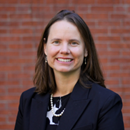
Patricia Janulewicz Lloyd,
DSc, MPH,
Associate Professor,
BUSPH Environmental Health
Dr. Janulewicz combines her expertise in environmental health, neurotoxicology and teratology to examine how environmental exposures impact the nervous system. Her work spans the life-course and examines prenatal, early postnatal, childhood and adult exposures. Dr. Janulewicz's ongoing projects include investigating the gene-environment interactions in multiple cohorts of Gulf War veterans in order to determine why some veterans became ill following in-theater exposures and other did not, examining the link between the microbiome and veterans health, exploring the role endocrine disrupting chemicals have on thyroid function, examining the effects of maternal medication use during pregnancy and child neurodevelopment, investigating the long-term developmental trajectories of children prenatally exposure to the Zika virus and assessing head impact exposures as a public health issue using an exposure assessment framework.
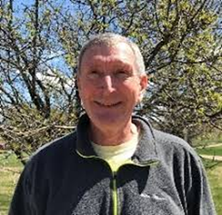
Andy Lowe,
Executive Director,
New England Rural Health Association
Andy Lowe comes to the New England Rural Health Association with five years’ experience as a member of the NERHA Board of Directors, of which he is a Past President. Before joining NERHA, Andy served as Chief Strategy Officer at Outer Cape Health Services, a community health center serving the rural Outer Cape Cod region. While there, Andy also served as Director of the Cape & Islands Area Health Education Center. Previous work includes positions at the University of Vermont, where he worked on community-based research programs for rural veterans, and the State of Vermont, where he served as Associate CIO in the Agency of Human Services. Andy holds a faculty appointment at the University of Massachusetts Chan Medical School Department of Family Medicine and Community Health. Andy and his wife Jayne, who met as undergraduates at Norwich University, live in rural Vermont. As a lifelong resident of rural New England who has lived in Vermont, Connecticut, and Cape Cod, Andy enjoys fishing, primitive arms hunting, hiking, biking, snowshoeing, gardening, boating, swimming, maple sugaring, cross country skiing, and anything else outdoors. A lifelong competitive endurance athlete, Andy has trained and raced as a runner, cross country skier, triathlete, and rower.

Ezekiel Baskin,
Rural Health Program Manager,
New England Rural Health Association
Ezekiel Baskin is delighted to be a part of the NERHA team! They are a public health educator and administrator based in rural Western MA. Prior to joining NERHA, Ezekiel worked with Partners in Health on the Massachusetts COVID-19 Community Tracing Collaborative project, where they designed and implemented trainings for a range of internal and external audiences, advocated for equity, supported staff colleagues, and conducted call monitoring sessions for training and quality assurance. Ezekiel is also active as a theatre director and producer, with a focus on supporting new play development. Outside of work, Ezekiel raises chickens and enjoys playing board and card games.
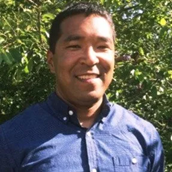
Leo Blandford,
Director of Health Equity and Community Impact
George “Leo” Blandford is the OCHS Director of Health Equity and Community Impact. His work incorporates health equity initiatives and community outreach services into the OCHS medical health setting. Prior to coming to OCHS, he worked in a range of social services in Massachusetts, including youth and families through the Children’s Behavioral Health Initiative, outpatient behavioral health therapy, and homeless outreach. He also worked as a clinical social worker at the Department of Children and Families and the Department of Mental Health, and in business operations with the American Red Cross. In his capacity at OCHS, Leo serves on numerous regional and state boards and advisory committees including the Family Pantry of Cape Cod, The Lily House, Nauset Interfaith Association, Barnstable County Regional Homeless Network Policy Committee, Barnstable County Human Rights Advisory Commission, Health Equity Compact, and the Massachusetts Rural Council on Health.
Registration
The program is free but limited to 30 participants so you must register and, if you’re accepted to join the cohort, you will receive an email with further instructions for enrollment. We will keep a waitlist if you’re not selected for this cohort.
If you have any questions about RHLI, contact rhli@bu.edu.
Accepted applicants: Select the Enroll Me button below to register for the RHLI. If you have any trouble, contact support@nephtc.org.
Acknowledgement: This project is/was supported by the Health Resources and Services Administration (HRSA) of the U.S. Department of Health and Human Services (HHS) under grant number UB6HP31685 “Regional Public Health Training Center Program.” This information or content and conclusions are those of the author and should not be construed as the official position or policy of, nor should any endorsements be inferred by HRSA, HHS or the U.S. Government.

Evidence Based Public Health
How do public health practitioners use the best available evidence to select, implement and evaluate programs and policies to improve health?
![]()
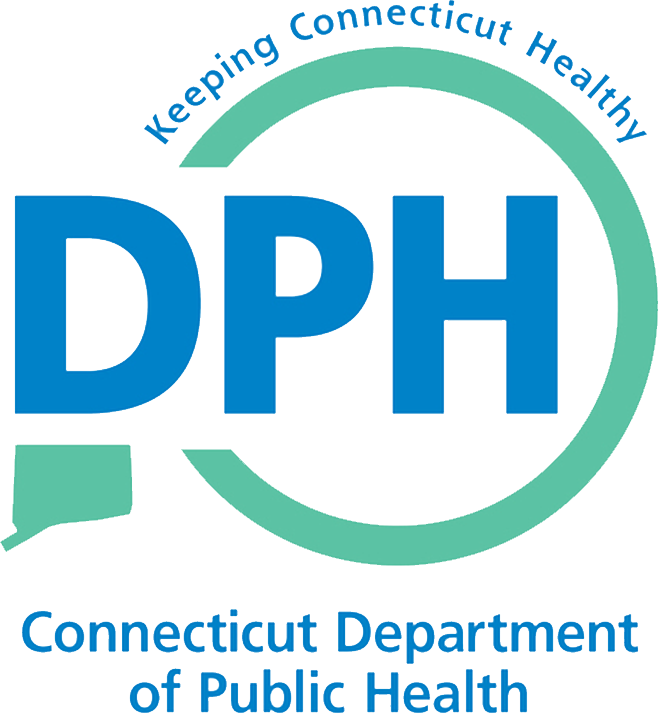
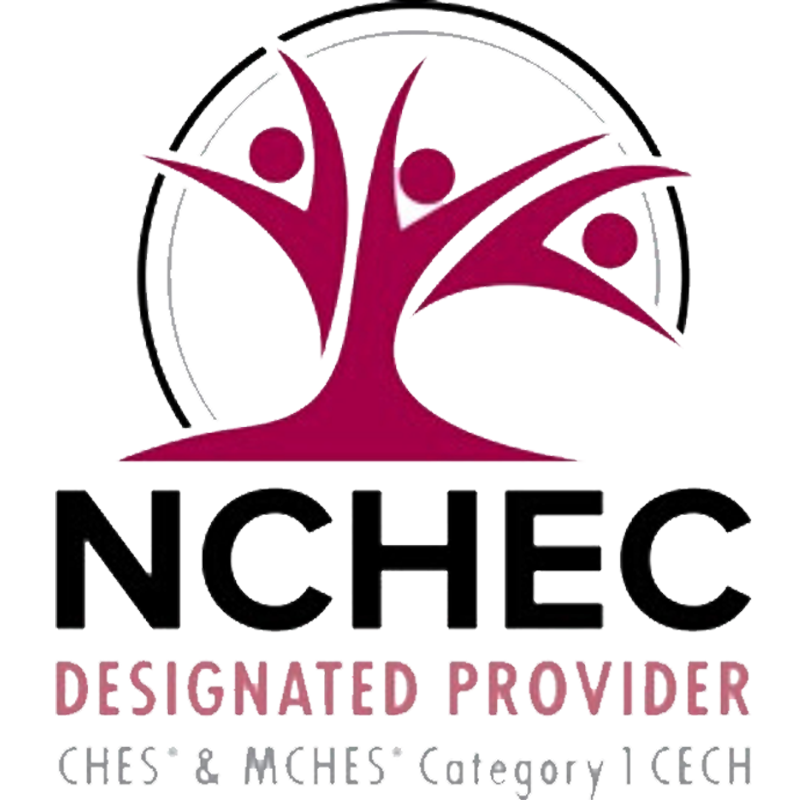
Course Information
- Audience: Public health practitioners, Public health community partners, Public health students and Public health faculty in the state of Connecticut.
- Date/Time: March 6 - May 16 (Thursdays 1 PM - 3 PM)
- Location:Online live classroom
- Format: Classroom
- Price: Free
- Length: 20 hours.
- Credential(s) eligible for contact hours: Sponsored by New England Public Health Training Center (NEPHTC), a designated provider of continuing education contact hours (CECH) in health education by the National Commission for Health Education Credentialing, Inc. This program is designated for Certified Health Education Specialists (CHES) and/or Master Certified Health Education Specialists (MCHES) to receive up to 1 total Category I continuing education contact hour. Maximum advanced-level continuing education contact hour is 1. Provider ID: 1131137 Event ID: PM1131137_EVPH. If you are not seeking a CHES/MCHES contact hours, if you complete the post-test and evaluation, you will receive a Certificate of Completion. The Certificate will include the length of the course.
- Competencies: All of the domains below: Analytical/Assessment Skills, Policy Development/Program Planning Skills, Communication Skills, Cultural Competency Skills, Community Dimensions of Practice Skills, Public Health Sciences Skills, Financial Planning and Management Skills and Leadership and Systems Thinking Skills
- Learning Level: Awareness
- Supplemental materials: Course Guide and Technical Requirements (PDF)
- Pre-requisites: None
NOTE:
About this course
The aim of this 10-part course is to build skills in applying evidence-based decision making to improve population health and advance health equity. Through presentations, practice exercises, and case examples, the course takes a “hands-on” approach and emphasizes information that is readily available to busy practitioners.
What you'll learn
After completing this course, you will be able to...
- Describe the basic concepts and the value of evidence-based decision making.
- Identify some sources and types of evidence.
- Recognize the importance of evidence-based decision making to advancing health equity.
- Describe several applications within public health practice that are based on strong evidence and several that are based on weak evidence.
- Define some barriers to evidence-based decision making in public health settings.
Subject Matter Experts
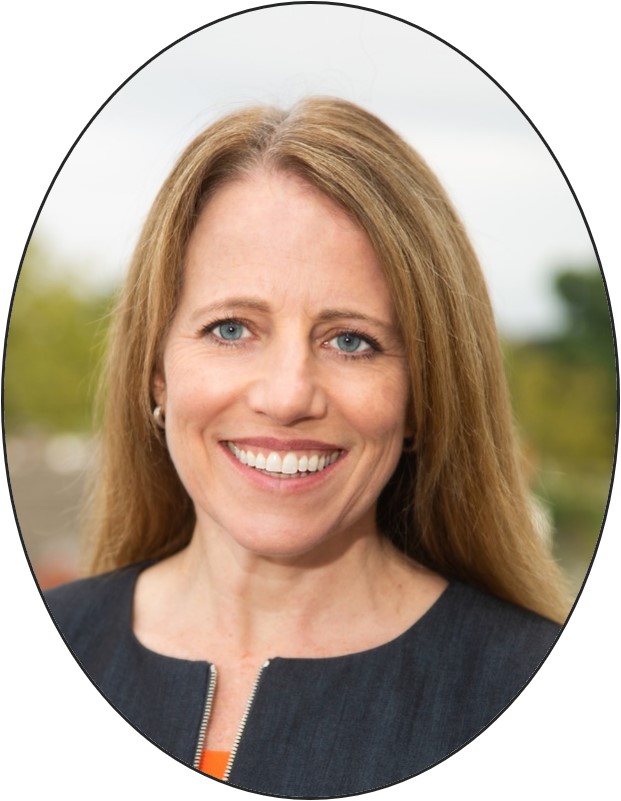 |
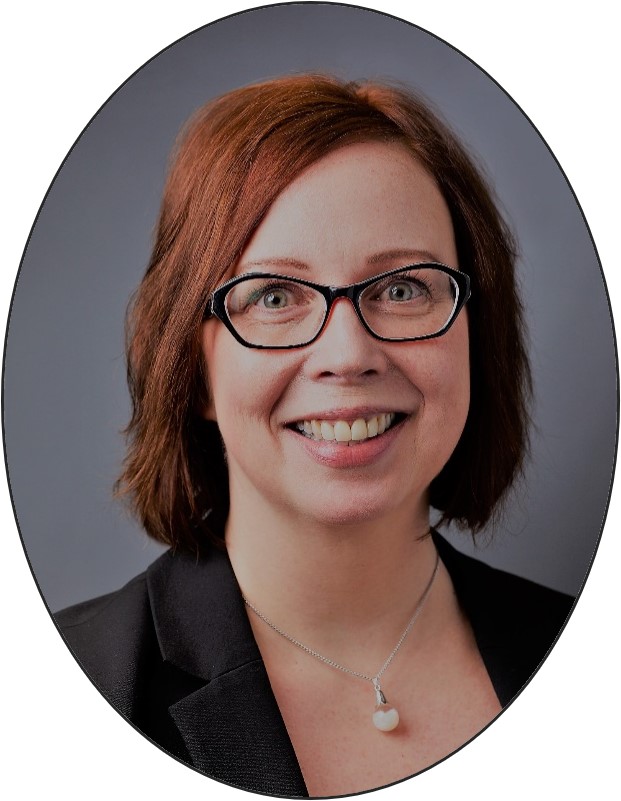 |
|
|---|---|---|
| Kathleen O’Connor Duffany, PhD | Amy Griffin, MA | |
|
|
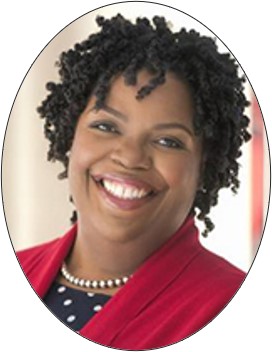 |
|
| Dr. Debbie Humphries | Dr. Tekisha Dwan Everette |
Enrollment and Contact Hours
Note there are two different options for enrolling in this course highlighted in the table below.
The Certificate of Completion will include the length of the module. Generally 50 – 60 minutes is equivalent to 1 contact hour. Contact hours may be applicable towards continuing education requirements for certain credentials. Check with your credentialing body to verify if the topic meets its continuing education requirements.
Having trouble accessing the course? Contact support@nephtc.org
Acknowledgements:
NEPTHC thanks the St. Louis Prevention Research Center for sharing their EBPH curricula for public health workforce development
This project is/was supported by the Health Resources and Services Administration (HRSA) of the U.S. Department of Health and Human Services (HHS) under grant number UB6HP27877 “Regional Public Health Training Center Program”. This information or content and conclusions are those of the author and should not be construed as the official position or policy of, nor should any endorsements be inferred by HRSA, HHS or the U.S. Government.


